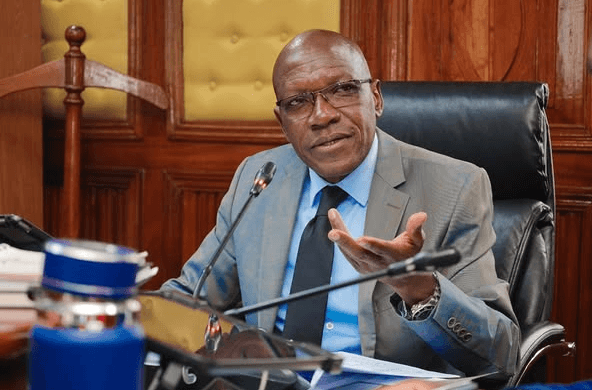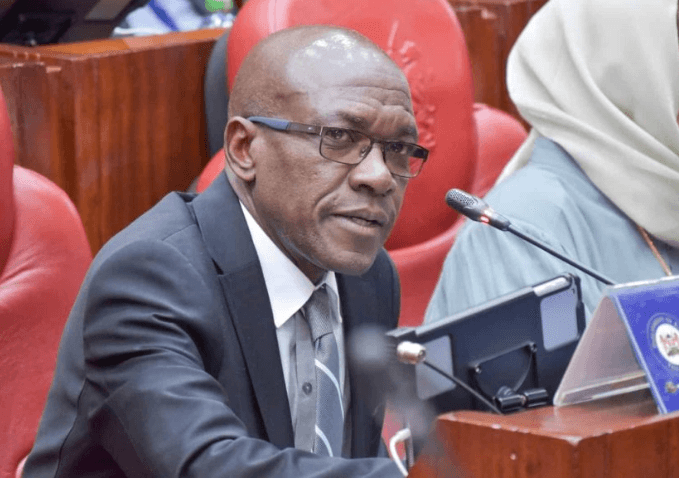
Drama unfolded in the Senate after Senate Majority Whip Boni Khalwale was ordered out of the chamber following remarks that ignited heated reactions among lawmakers. Khalwale claimed that former President Uhuru Kenyatta, and not President William Ruto, was responsible for securing the release of Kenyan activists allegedly abducted in Uganda, a statement that immediately sparked uproar.
What Triggered the Ejection?
During debate on matters touching on regional security and diplomatic interventions, Senator Khalwale made the controversial assertion that Kenya’s diplomatic breakthrough in the activists’ release had been achieved through Uhuru’s influence.
His comments contradicted earlier narratives crediting President Ruto’s administration, prompting senators allied to the government to rise in protest. The Speaker intervened, calling the remarks disorderly and instructing Khalwale to withdraw them. Khalwale, however, declined to retract his statement, insisting it reflected the truth as he understood it.
Senate Reacts
Unable to restore order, the Speaker invoked Standing Orders and directed that Senator Khalwale leave the chamber for the remainder of the sitting. The decision drew mixed reactions, with some senators accusing Khalwale of disrespecting the presidency, while others defended his right to express dissenting views.
The brief standoff highlighted the political sensitivities surrounding diplomatic achievements and the ongoing friction between supporters of the current administration and allies of the former president.
Khalwale’s Position
Speaking to the press after his ejection, Khalwale stood by his comments, stating that Kenyans deserved honesty regarding the events leading to the activists’ release. He argued that acknowledging actions taken by former state leaders should not be viewed as political sabotage.
I was simply stating what happened. Recognizing Uhuru’s role does not diminish the government. It is a matter of truth
Boni Khalwale Political Implications
The incident highlights the growing tensions within Kenya’s political landscape, where narratives about influence, diplomacy, and leadership credibility frequently intersect with partisan interests. It also reflects the high stakes placed on regional security matters and the symbolic value of diplomatic victories. Political analysts say such confrontations may intensify as the country moves closer to upcoming political seasons, with leaders keen to shape or defend particular narratives.
Conclusion
Senator Boni Khalwale’s removal from the Senate chamber marks yet another dramatic moment in Kenya’s increasingly charged political environment. As debate continues over who truly facilitated the activists’ release in Uganda, the incident raises broader questions about transparency, political rivalry, and the handling of national achievements across administrations.





